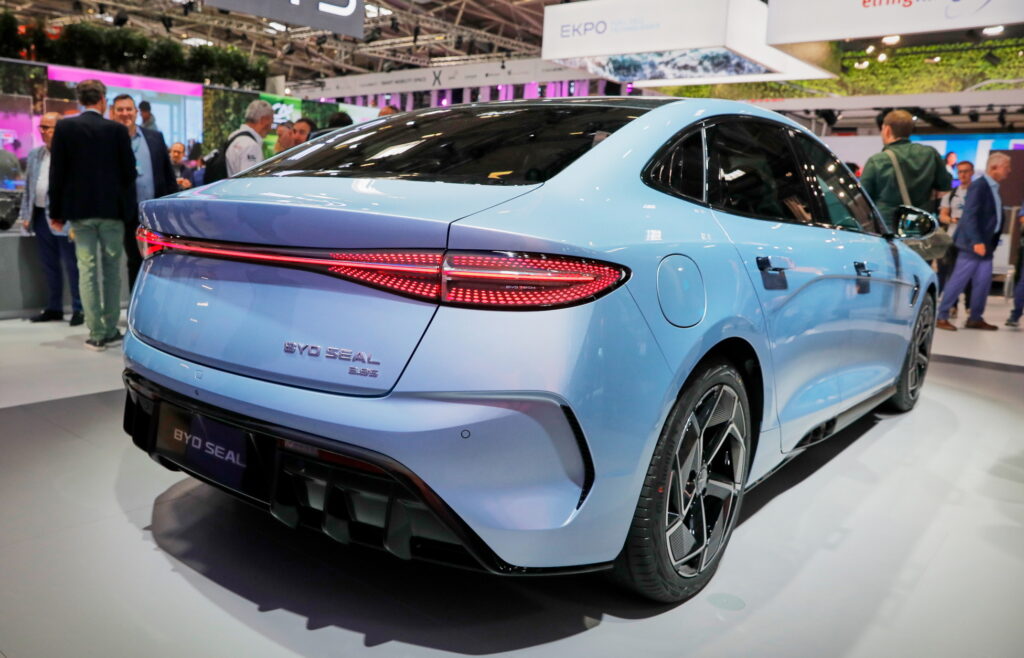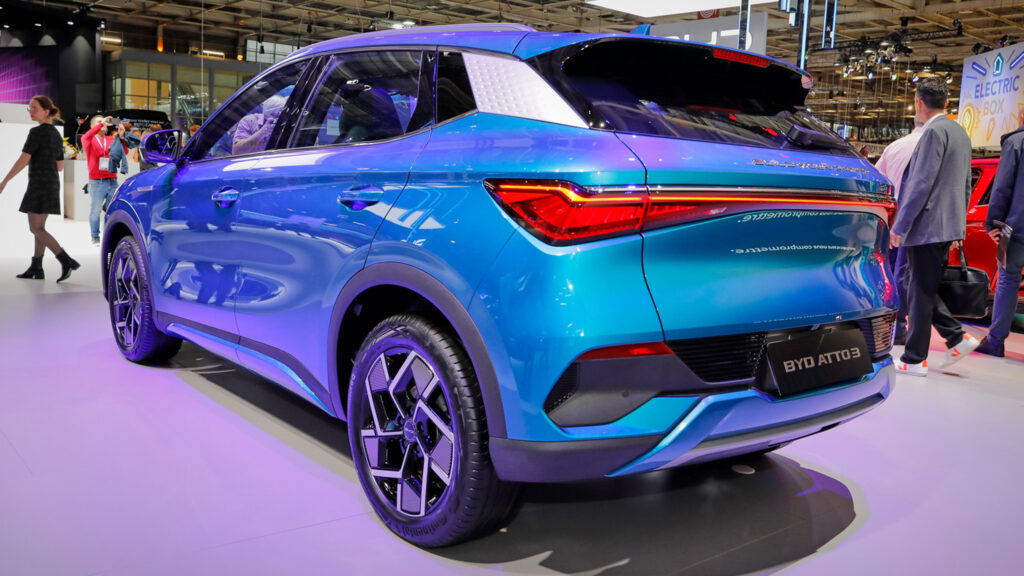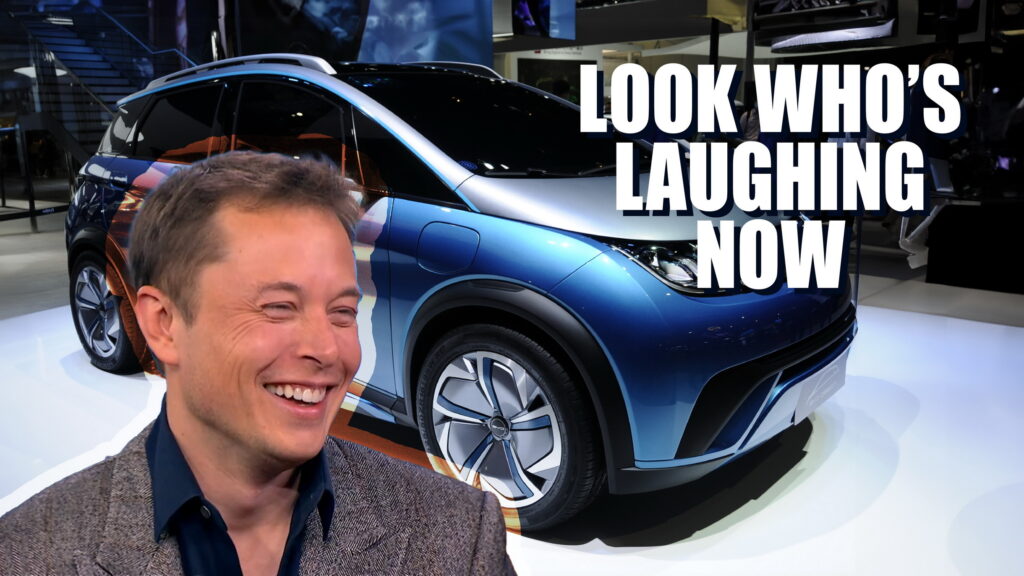BYD, the Chinese automaker that once had Elon Musk laugh at the notion that it could be a competitor during an interview with Bloomberg TV back in 2011, is now projected to surpass Tesla as the world’s largest producer of battery-electric vehicles by the end of this quarter.
Both BYD and Tesla are on the verge of confirming their fourth-quarter sales results. BYD currently holds the title as the world’s largest producer of electrified vehicles and in the third quarter, sold just 3,456 battery-electric vehicles fewer than Tesla. These recent sales successes mark a significant milestone for BYD, a brand that has seen remarkable growth over the past five years.
Read: BYD Is The Patent King Of EVs With Over 13,000 Applications To Tesla’s 863

BYD isn’t just poised to claim the title as the world’s largest battery-electric vehicle (BEV) manufacturer; it has also broken into the top 10 list of the highest-selling car manufacturers overall. If we take into account the forecasts for December and confirmed sales figures from January to November, BYD is expected to conclude 2023 with a total of 3.13 million vehicles produced.
This will position it ahead of Suzuki Group with 3.01 million and just behind Ford with 3.95 million, Honda at 3.97 million, GM at 4.87 million, Renault-Nissan-Mitsubishi with 6.28 million sales, Stellantis with 6.4 million, Hyundai Group at 6.89 million, Volkswagen with 8.8 million sales, and Toyota with an expected 10.65 million.
Generous government subsidies in China have contributed to the firm’s massive growth in sales. However, speaking with Bloomberg, UBS Group AG’s head of China autos research, Paul Gong, noted the firm’s vehicles also have a significant cost advantage over the competition.
“They have to work on the innovation, they have to try and find what consumers really want, and they have to optimize their costs to make sure their EVs are competitive in this highly competitive market,” he added.
Analysts expect Tesla to deliver 473,000 vehicles this quarter. This will represent a record for the company and it is tipped to end 2023 having delivered 1.82 million vehicles this year, down from Elon Musk’s stated aim of 2 million deliveries.




